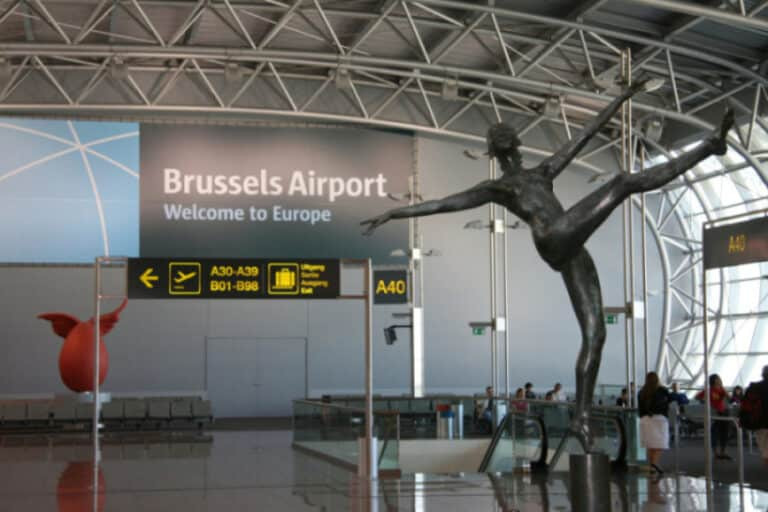Brussels Airport has seen cargo volumes rise by 9.6 per cent in the first quarter of 2015 to 120,117 tonnes, with the largest increase from integrator traffic.
Integrator traffic rose by 12 per cent to 48,676 tonnes, the highest for both percentage and tonnage. Freighter traffic increased by 10.4 per cent to 35,463 tonnes. Bellyhold freight increased by 6.1 per cent to 35,977 tonnes. The airport says this growth in the first quarter follows an eight per cent increase for the same period of 2014.
Brussels Airport head of cargo, Steven Polmans, says: “Last year was already good with cargo figures increasing by a good eight per cent year-on-year. We are pleased to see that the start of 2015 brings even stronger growth in our volumes and that all segments contribute to this growth.”
The airport says it was helped by Qatar Airways Cargo operating eight services a week and Ethiopian Airlines Cargo will be increasing its flights from four to six a week. Yangtze River Express is to start services to Brussels in April and Kelowna Cargo in May. Yangtze River Express will use a Boeing 747-400 Freighter three times a week on a route from Chicago (US) to Brussels, on to Munich (Germany) and back to Shanghai (China).
For 2014 as a whole, cargo volumes increased by 5.6 per cent to 453,954 tonnes. Integrator cargo made up most of this traffic, rising by 30.3 per cent to 187,770 tonnes. Belly cargo was up by 11 per cent to 144,247 tonnes while freighter traffic fell by 21.8 per cent to 121,937 tonnes.
Last year 11 companies based at Brussels airport received the International Air Transport Association Center of Excellence for Independent Validators, which means they comply with European Union security rules. This year eight companies, including DHL, Kuehne + Nagel and Panalpina, have achieved compliance. Brussels Airport key account manager, Nathan de Valck, says: “The fact that demand came from the market to organise this second wave is very encouraging and motivating.”
In February, DHL announced it was to invest 114 million euros ($125.2 million) in a new facility at Brussels Airport. The 31,500 square metre sorting centre will be capable of handling 39,500 shipments per hour by 2020.




